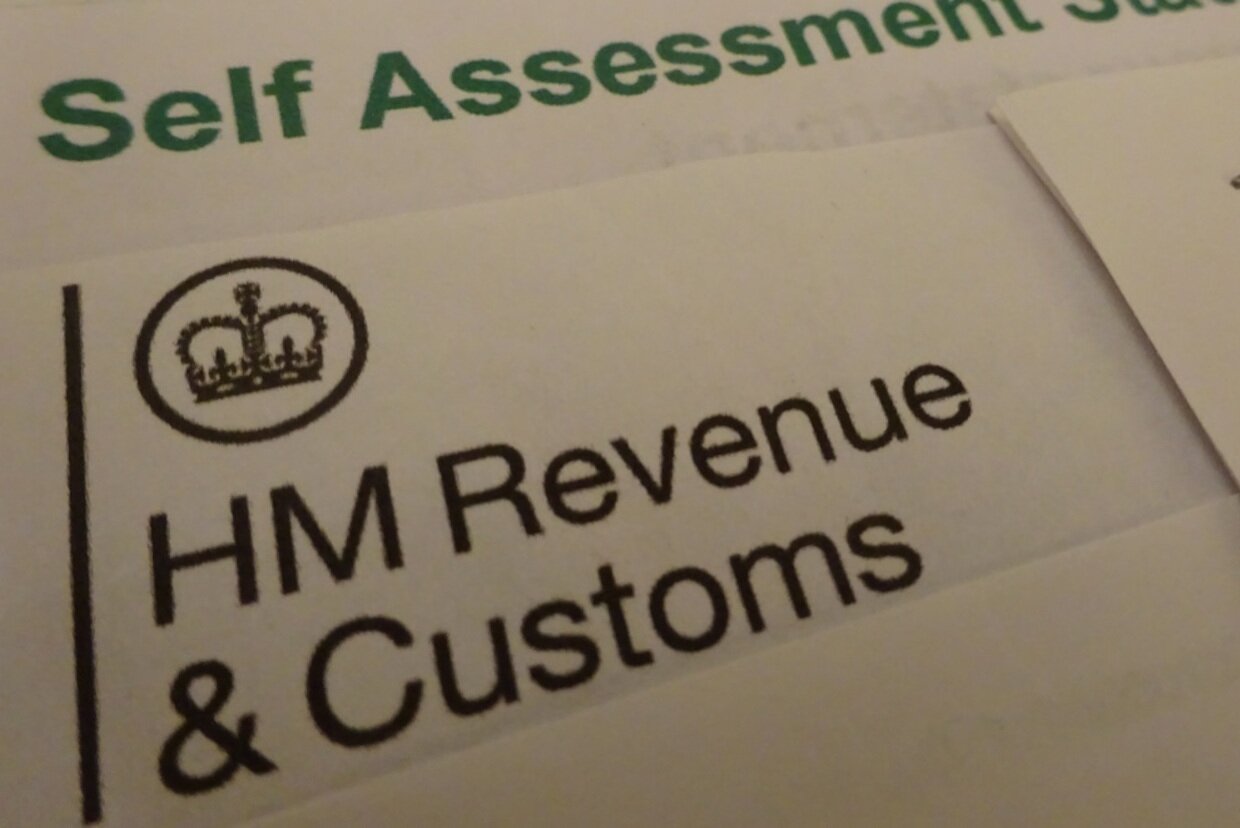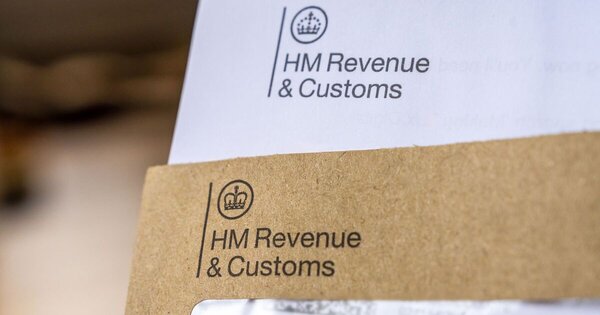Introduction
An HM Revenue and Customs (HMRC) employee has been ordered to pay £20,000 in legal costs after refusing to return to the office following the Covid-19 lockdown. The decision was reached at an employment tribunal in Liverpool, where the panel ruled that there was no medical reason for the worker to continue working from home.
The case highlights ongoing debates about flexible working arrangements in the wake of the pandemic and raises questions about employer obligations and workers’ rights relating to health issues and remote work policies.
Background to the Case
The employee, Martin Bentley, worked at HMRC in Liverpool and initially began working remotely when the Government introduced lockdown measures in March 2020. When restrictions eased and HMRC requested a return to the office, Bentley declined, citing health issues related to anxiety and kidney disease.
Prior to the pandemic, Bentley had reported difficulties with certain work tasks, particularly those involving telephone communication. According to documents presented at the tribunal, he had stopped engaging in phone work after a health assessment in 2019, claiming it caused him undue stress.
Details of the Health Concerns
During the tribunal, Bentley explained that he had struggled with anxiety, depression, and kidney disease for over two decades. A report from Occupational Health in 2021 noted that his personality traits and emotional responses were not ideally suited to his workplace responsibilities.
Bentley also stated that engaging with telephone duties caused significant stress. Despite these concerns, subsequent health assessments concluded he was medically fit to return to the office. The tribunal heard that Bentley persisted in seeking work-from-home arrangements until his retirement in 2024.
Employer’s Response and Tribunal Proceedings
In response to Bentley’s refusal to return, HMRC offered several accommodations. As he indicated difficulty with public transport, the department offered to pay for taxis between his home and workplace. Bentley later stated that commuting was not a barrier, as he had previously walked to work.
After being placed on a performance improvement plan due to concerns raised by his line manager, Bentley alleged victimisation and a lack of support regarding his working conditions. He also claimed emotional abuse from colleagues and raised a formal complaint against his department.
Tribunal Findings and Judge’s Comments
The tribunal, chaired by Employment Judge Dawn Shotter, found in favour of HMRC. In her ruling, Judge Shotter stated, 'It is notable that [Mr Bentley] exaggerated his evidence including that given in relation to his health conditions'.
She also commented that his uncorborated allegations of managerial conspiracy were not credible. The tribunal determined that Bentley had acted unreasonably and that his claim of disability discrimination had no reasonable prospect of success. As a result, he was ordered to pay £20,000 in legal costs.
HMRC Statement on Workplace Policy
A spokesperson for HMRC commented: 'We are an office-based organisation, albeit one that offers flexible working arrangements for employees where appropriate.
We acknowledge the court’s decision in this case. HMRC’s approach reflects a broader trend within the civil service to balance flexible work practices with operational needs, particularly as employees transition back to offices post-pandemic.'
Final Summary
The Liverpool tribunal’s decision requiring Martin Bentley to pay legal fees underscores the complexities facing employers and employees as traditional workplace norms evolve. The case highlights the importance of clear evidence in workplace health disputes and the legal framework governing flexible work.
As organisations continue to adjust their policies post-pandemic, disputes of this nature may become increasingly relevant. For those managing or navigating flexible working discussions, tools such as the Pie app can offer helpful resources and guidance when responding to future workplace changes.











